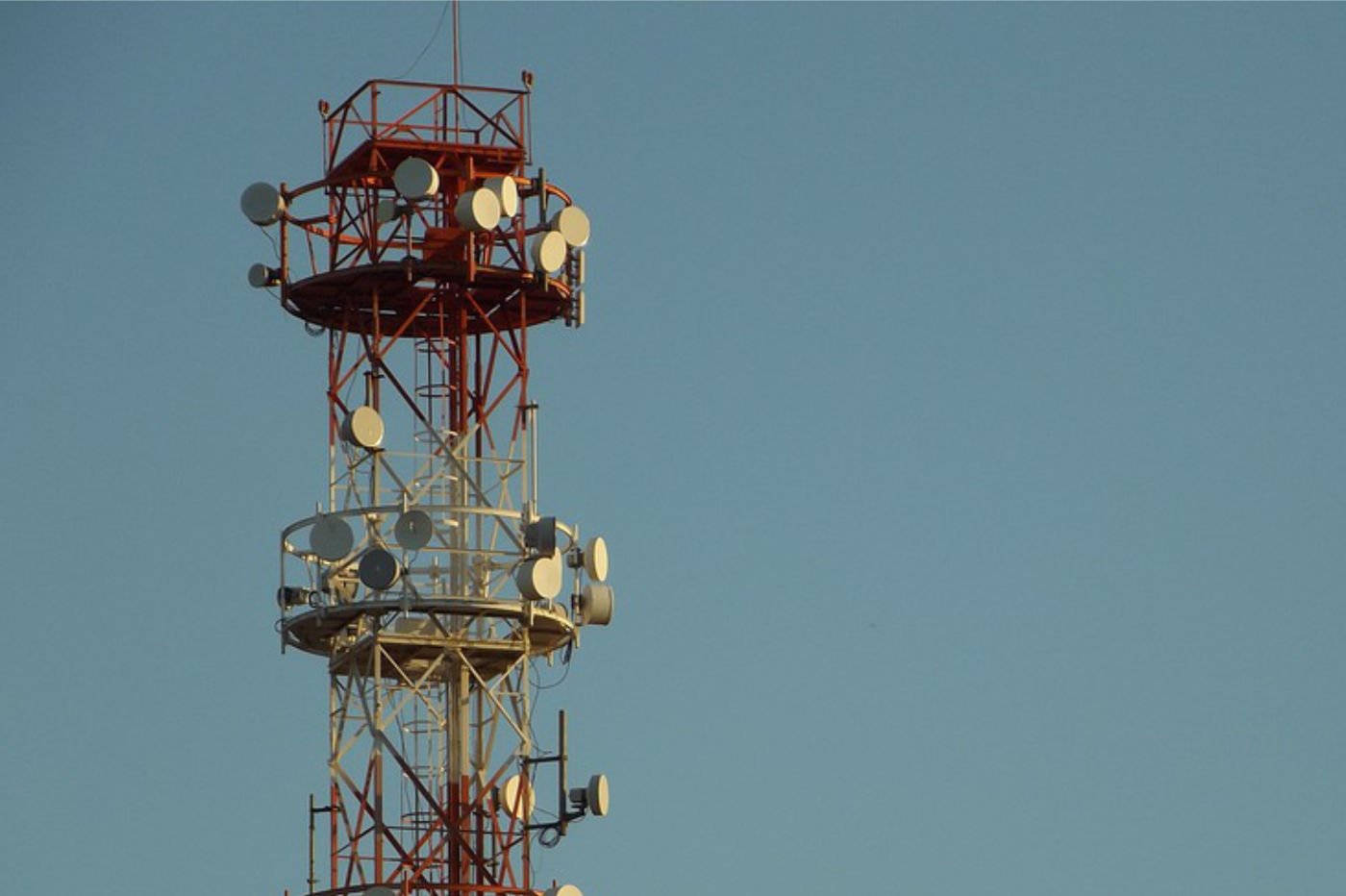
The telecommunications company Ericsson has sued Lenovo and its smartphone subsidiary Motorola accusing them of infringe several patents related to 5G technology and to block negotiations on the mutual agreements they have on said licenses.
In the text of the lawsuit, filed at the end of last week before a district court in North Carolina (United States), Ericsson points out that Lenovo has avoided any effort to negotiate a licensing agreement for more than ten years.
The patent violations to which the company refers correspond to four held by Ericsson, mostly related to 5G communications. They affect Lenovo smartphones, as well as tablets, laptops and desktop computers. In the lawsuit, the company asks that the court recognize that Lenovo has infringed the use of patents, and collect damages for this.
This dispute dates back to 2008, when according to Ericsson they contacted Lenovo to notify its management that some of its products were covered by its 2G and 3G patents and they needed to obtain a license to use them.
According to the company, however, Lenovo has since delayed and blocked negotiations, while continuing to use Ericsson’s patented technology. Those responsible say that they offered Lenovo a global agreement for the cross-use of licenses in 2010, with which each of the two parties guaranteed the licenses to the other.
This implied that Lenovo would make payments to Ericsson to balance the agreement in a recurring royalty format. Additionally, I had to make a one-time payment at the beginning of that agreement to cover the use of licenses that I had not taken out in the past. It is similar to the one that was recently signed with the Chinese Huawei and that includes patents related to various areas and technologies, among which are those of 3G, 4G, and 5G mobile networks.
Shortly after the deal was presented, however, Lenovo made a counteroffer to Ericsson, asking that the company forgive all royalties passed on product licenses not used on products Lenovo had already sold. A few months later it withdrew the counteroffer, and bought Google’s mobile phone division, Motorola, in 2014.
The operation changed the situation little, and Ericsson assures that they continued trying to negotiate with Lenovo for several years, but they point out that it has not even been possible to reach an NDA (non-disclosure agreement) with them so that negotiations could begin.
The last straw for the company came in June of this year, when Lenovo was the one to propose an NDA that, according to Ericsson, would have allowed Lenovo to share confidential information with a group of external companies and with several law firms, as well as limiting Ericsson’s ability to strengthen its patent rights over Lenovo. All this leaves open the possibility of suing Ericsson in China at any time.
The Cfour patents for which Ericsson has sued this numbered in the United States as 10,425,817, 10,306,669, 11,317,342 and 11,515,893. The first is related to privacy protection in wireless networks, the second covers the resource distribution of the upstream control channel. The third deals with wireless communication in which system information is transmitted in parts, and the last, the changing heats of quasi-cyclic LDPC codes.
The text of the lawsuit also reflects that Ericsson publishes the royalty rates on which it is willing to guarantee licenses to the sector on fair, reasonable and non-discriminatory terms, and that it also expects reciprocity in this regard. They also point out that their annual investment in R&D is around $4 billion, which among other things has led to them having a portfolio of patents on 5G, and that fair compensation through patent licensing is important to ensure new investments.


